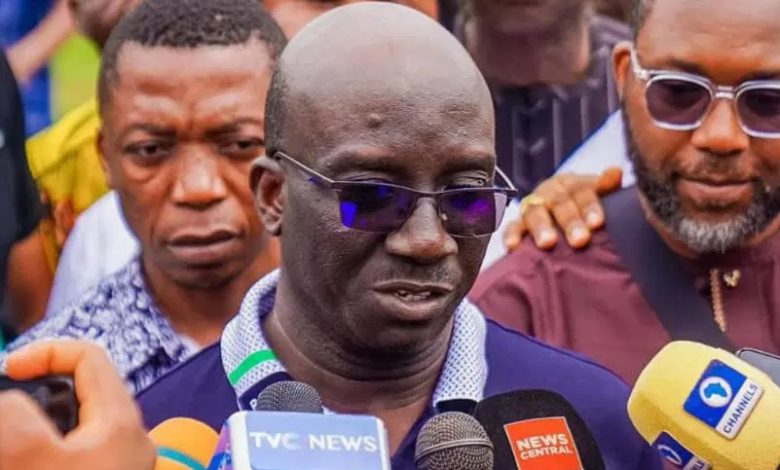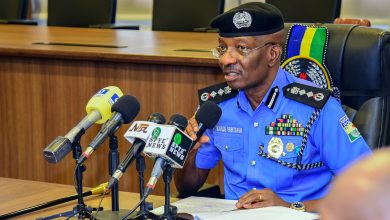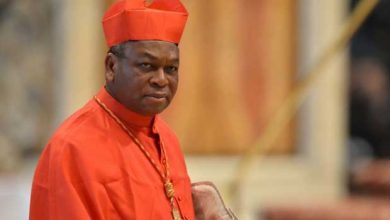Enabulele Slams Tribunal Ruling on Okpebholo, Calls It a Betrayal of the People’s Will

Destiny Enabulele, the Edo State House of Assembly representative for the Ovia South West constituency, has called Governor Monday Okpebholo’s tribunal victory a betrayal of the will of the electorate.
According to reports, Enabulele stated that the tribunal’s decision crushed Nigerians’ faith in the judiciary as the common man’s hope.
The legislator from the Peoples Democratic Party (PDP) told News Central on Thursday that the tribunal’s prayers were straightforward and simple to decide.
“You know, what happened yesterday (Wednesday) is a rape on the collective will of the people, in my opinion and the minds of many Nigerians. You concur with me that our plea was very straightforward if you have been following this entire tribunal journey from the start. There were only two main pillars. It is related to the non-compliance or non-serialization. And the most basic inability to represent the majority of votes. According to what you witnessed on Wednesday, it was an enormous injustice. Because if you are present from the start, you will witness the lead judge, or tribunal chairman, stating that this is a unanimous decision in his capacity as a colleague.
Read Also: WTO Closely Watching Trump’s Tariff Moves – Okonjo-Iweala
I consider myself to be beyond forty, almost fifty. I’ve been keeping up with court and tribunal cases. He remarked, “I have never witnessed such a disdain for the legal system.
The tribunal’s argument that the PDP and its candidate, Asue Ighodalo, had not provided evidence to support their claims was rejected by Enabulele. He denied that they disposed of the evidence without discussing it or providing an attestation.
According to him, the Electoral Act made it clear that oral testimony was not necessary for certified documents that were offered as exhibits.
“I strongly disagree with the tribunal chairman. since I am a member of civic society. I end up unintentionally getting involved in politics.
“You see, if you look at the Electoral Act, let me try to be very specific, section 137, which says—and I quote—that oral evidence is a secondary, not a necessary, problem if a petitioner alleges and has the required documentation to support his assertions. The BVAS, the IReV, and the findings were certified true copies of these documents, which is what we did even after they were certified. “They are in front of the court,” he continued.





